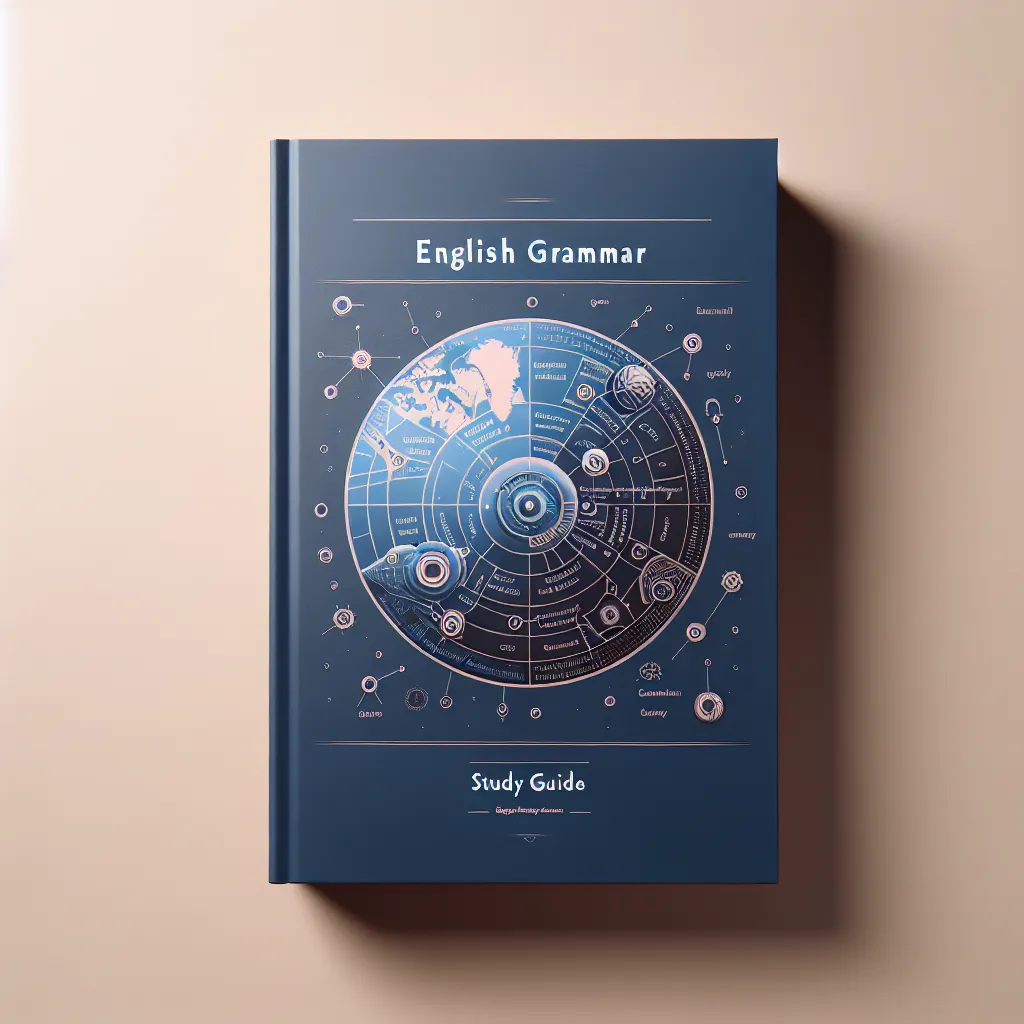Learning English grammar is a journey that requires dedication, practice, and the right resources. Whether you’re a beginner looking to grasp the basics or an advanced learner aiming for fluency, mastering English grammar is crucial. In this article, we will explore essential English Grammar Tips, guiding you through various aspects of grammar learning for different levels of proficiency.
Why English Grammar is Important
Grammar forms the backbone of any language. It allows us to construct sentences, convey ideas clearly, and avoid misunderstandings. Without a firm grasp of grammar, even a vast vocabulary would be of little use. Here are some key reasons why English grammar is important:
- Clarity and Precision: Proper grammar ensures that your communication is clear and precise.
- Credibility: Well-constructed sentences enhance your credibility, especially in professional and academic environments.
- Language Proficiency: Proficiency in grammar is essential for reading, writing, speaking, and listening effectively.
Essential Resources for Learning English Grammar
Recommended Grammar Books
-
“English Grammar in Use” by Raymond Murphy
- This book is widely acclaimed for its clear explanations and practical exercises. Ideal for self-study, it’s suitable for intermediate learners who want to improve their grammar skills.
-
“The Oxford English Grammar” by Sidney Greenbaum
- A comprehensive guide, this book delves deep into English grammar rules and structures. It’s an excellent resource for advanced learners and language enthusiasts.
-
“Practical English Usage” by Michael Swan
- Focused on common grammar and usage problems, this book is perfect for learners of all levels. It offers practical advice and clear examples to help you avoid common mistakes.
 english grammar in use book
english grammar in use book
Online Resources and Tools
-
Grammarly: An AI-powered grammar checker that helps identify and correct grammar mistakes in real-time. It’s an excellent tool for writers and students.
-
The Purdue OWL (Online Writing Lab): A comprehensive resource offering extensive guides on English grammar rules, common usage issues, and writing tips.
-
BBC Learning English: Offers free resources including videos, quizzes, and articles focused on improving English grammar skills.
Using Resources Effectively
- Set Clear Goals: Identify specific grammar areas you need to improve and set measurable goals. For instance, mastering the use of tenses or subject-verb agreement.
- Daily Practice: Consistent practice is key. Use grammar books to solve exercises daily and utilize online tools to test your knowledge.
- Active Reading: Read widely—from books and newspapers to blogs. Pay attention to sentence structure and grammar usage. This will reinforce your understanding and application of grammar rules.
Common English Grammar Tips
1. Understanding Tenses
Tenses form the foundation of English grammar. They indicate the time of action and are crucial for forming correct sentences. Here’s a brief overview:
-
Present Simple: Used for habitual actions and general truths.
Example: She reads books. -
Past Simple: Used for actions that happened and were completed in the past.
Example: He visited London last year. -
Future Simple: Used for actions that will happen in the future.
Example: They will travel next month.
2. Subject-Verb Agreement
Making sure your subject and verb agree in number is essential.
-
Singular subjects take singular verbs:
Example: The dog barks at strangers. -
Plural subjects take plural verbs:
Example: The dogs bark at strangers.
3. Proper Use of Articles
Articles (“a,” “an,” “the”) are small but significant words in English grammar.
-
Definite Article (The): Used when referring to something specific.
Example: The book on the table is mine. -
Indefinite Articles (A/An): Used when referring to something nonspecific.
Example: I need a pen and an eraser.
4. Pronouns and Antecedents
A pronoun must agree with its antecedent (the noun it replaces) in number and gender.
-
Singular antecedents take singular pronouns:
Example: Jessica brought her book. -
Plural antecedents take plural pronouns:
Example: The students finished their assignments.
5. Avoiding Common Mistakes
Be aware of commonly confused words and phrases to avoid embarrassing mistakes.
- Its vs. It’s:
“Its” is a possessive pronoun, while “it’s” is a contraction of “it is.”
Example: The cat licked its fur. / It’s raining outside.
Further Steps to Enhance Your Grammar Skills
- Engage in Writing Regularly: Write essays, journal entries, or even social media posts while paying attention to grammar rules.
- Join Language Communities: Participate in forums, study groups, or language exchange programs to practice and receive feedback.
- Take Online Quizzes: Regularly test your grammar knowledge with online quizzes and exercises to identify and improve weak areas.
In conclusion, mastering English grammar is a step-by-step process that requires dedication and the right resources. By setting clear goals, practicing daily, and utilizing available tools, you can significantly improve your grammar skills and, consequently, your overall command of the English language. Don’t forget to check out other related articles and resources to continue your learning journey.




